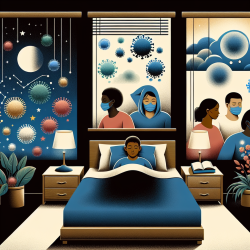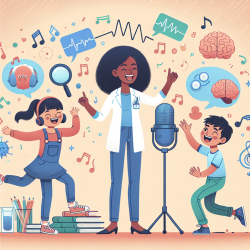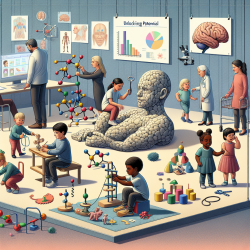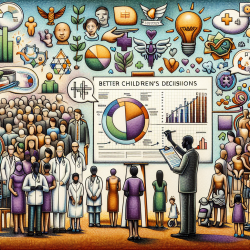Understanding the Impact of Sleep Disturbance on Mental Health
In the wake of the COVID-19 pandemic, mental health challenges have surged, particularly among college students. A recent study published in the Journal of Psychiatric Research titled "Sleep disturbance predicts suicidal ideation during COVID-19 pandemic: A two-wave longitudinal survey" sheds light on the critical role sleep plays in mental health, especially in predicting suicidal ideation (SI).
Key Findings from the Study
The study surveyed 67,905 college students in China during the COVID-19 outbreak and its initial remission period. It found that sleep disturbances and short sleep duration were significantly associated with an increased risk of SI. Specifically, students who experienced sleep disturbances were more likely to report SI, both during the outbreak and later in the remission period.
Here are some of the study's significant findings:
- 8.5% of students reported sleep disturbances at the outbreak's onset, increasing to 9.7% during the remission period.
- 7.6% reported SI initially, which rose to 10% later.
- Sleep disturbances and short sleep duration were strong predictors of new onset and persistent SI.
Implications for Practitioners
For practitioners, these findings underscore the importance of early assessment and intervention for sleep disturbances. By addressing sleep issues early, it may be possible to prevent the onset or worsening of SI, particularly during stressful periods like a pandemic.
Practitioners can implement the following strategies:
- Conduct regular screenings for sleep disturbances in students, especially during periods of high stress.
- Encourage good sleep hygiene practices, such as maintaining a consistent sleep schedule and reducing screen time before bed.
- Consider cognitive behavioral therapy for insomnia (CBT-I) as a treatment option for students experiencing sleep disturbances.
Encouraging Further Research
While this study provides valuable insights, it also highlights the need for further research. Understanding the mechanisms through which sleep disturbances affect SI can lead to more effective interventions. Practitioners are encouraged to stay informed on the latest research and consider participating in studies that explore these critical issues.
Conclusion
The link between sleep disturbances and SI is a reminder of the complex interplay between physical and mental health. By prioritizing sleep health, practitioners can play a crucial role in mitigating the mental health impacts of public health emergencies.
To read the original research paper, please follow this link: Sleep disturbance predicts suicidal ideation during COVID-19 pandemic: A two-wave longitudinal survey.










